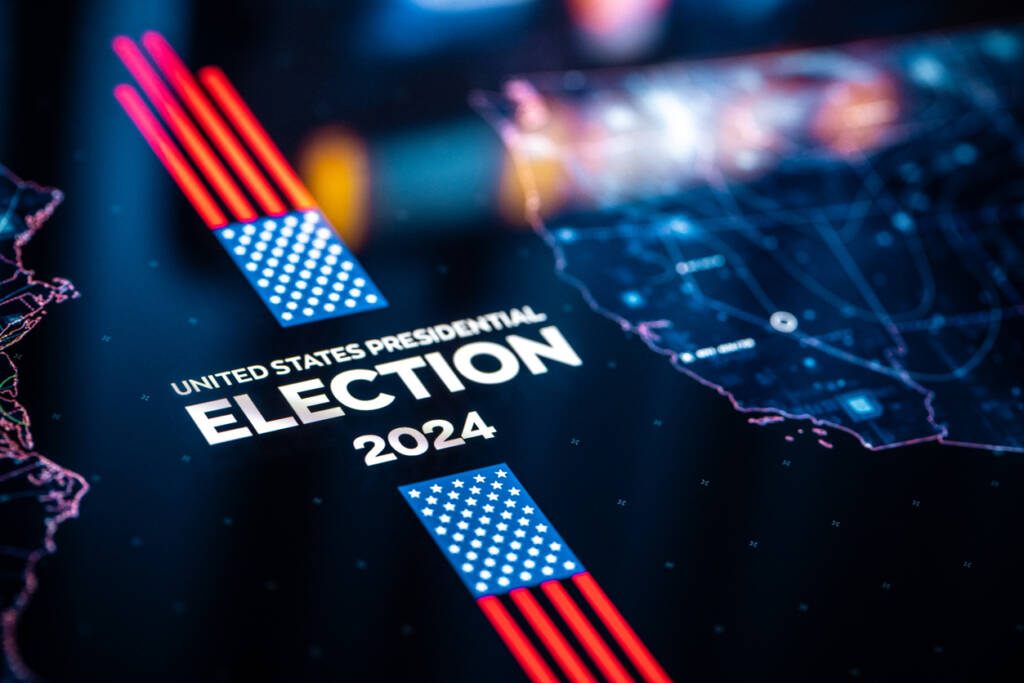What A New Administration Taking Office in January Could Mean For Regulatory Compliance
Can The Past Inform The Future?
With a new administration on the horizon, businesses are bracing for significant changes that could reshape the regulatory landscape and introduce challenges in employee compliance. Regulatory compliance professionals are preparing for a period of what could be termed professional whiplash—navigating shifts in policies, potential softening of certain regulatory requirements, and an intensified focus on tariffs.
1. Higher Tariffs and the Impact on International Trade
Explanation of Expected Changes:
The new administration is likely to maintain its strong stance on “America First” trade policies, imposing or even expand tariffs on imported goods. These changes are expected to impact a variety of sectors and reshape the cost and flow of goods globally.
Impact on Regulatory Compliance:
For companies involved in international trade, these increased tariffs bring additional layers of compliance requirements. Compliance teams will need to closely monitor import/export regulations, making regular adjustments to stay aligned with new trade rules, which could translate to an uptick in compliance monitoring and reporting.
Broader Business Implications:
Beyond compliance, increased tariffs could elevate costs for businesses reliant on imports, potentially affecting pricing strategies, profit margins, and supply chain management.
2. Softening of Regulatory Requirements and Compliance Management
Regulatory Softening:
The previous Trump administration was known for efforts to reduce federal oversight across environmental, labor, and financial sectors. A second term may bring a continuation of this trend, potentially relaxing various federal requirements.
Compliance Management Challenges:
Reduced federal oversight can decrease external regulatory pressure but also create confusion as standards fluctuate across industries. Compliance officers must navigate the implications of fewer oversight requirements, which can make regulatory adherence a moving target and confuse employees.
Training Implications:
Softened regulations may lead to fewer mandated employee compliance training sessions, reducing employee familiarity with regulatory practices. This can pose risks, as untrained employees may inadvertently violate standards.
3. Lessened Focus on Anti-Trust Enforcement
Predicted Changes in Anti-Trust Laws:
The prior Trump administration showed a relaxed approach to anti-trust enforcement, and a new term may lead to continued reductions on restrictions on corporate mergers and acquisitions.
Implications for Market Competition:
This could lead to an increasingly consolidated market landscape, where larger companies face less restriction on mergers, potentially impacting competitiveness and creating new operational risks for other businesses.
Effect on Compliance:
In this environment, compliance officers must remain vigilant in maintaining ethical standards within their organizations, even without stringent anti-trust regulations.
4. Navigating Professional Whiplash: Strategies for Employee Compliance Teams
Adjusting to an Evolving Regulatory Landscape:
In a regulatory environment subject to potential rapid change, compliance teams will need to remain agile and prepared for evolving federal standards.
Emphasis on Corporate Governance and Ethics:
As external regulations may relax, firms will need to maintain strong corporate governance to uphold ethical practices that are part of the firm’s culture and rules.
Leveraging Technology and Automation:
Automated employee compliance technology will be essential for teams aiming to stay proactive and efficient, allowing for quick adjustments to processes as new regulations are introduced or existing ones change. Utilizing software solutions to reduce manual tasks across employee regulatory programs helps to avoid human error, flag questionable behavioral patterns, as well as provide the necessary framework for managing and staying on top of registered rep licensing and registration.
By instituting a flexible standard of employee compliance that evolves with every regulatory change, StarCompliance (Star) helps firms elevate their employee compliance programs that not only meet the current demands but also positions them for success in the future. To learn more about how Star can help build, maintain and future-proof your employee compliance program with their SaaS-based software, schedule a personalized demo here.
The Compliance Officer’s Guide To Employee Compliance




